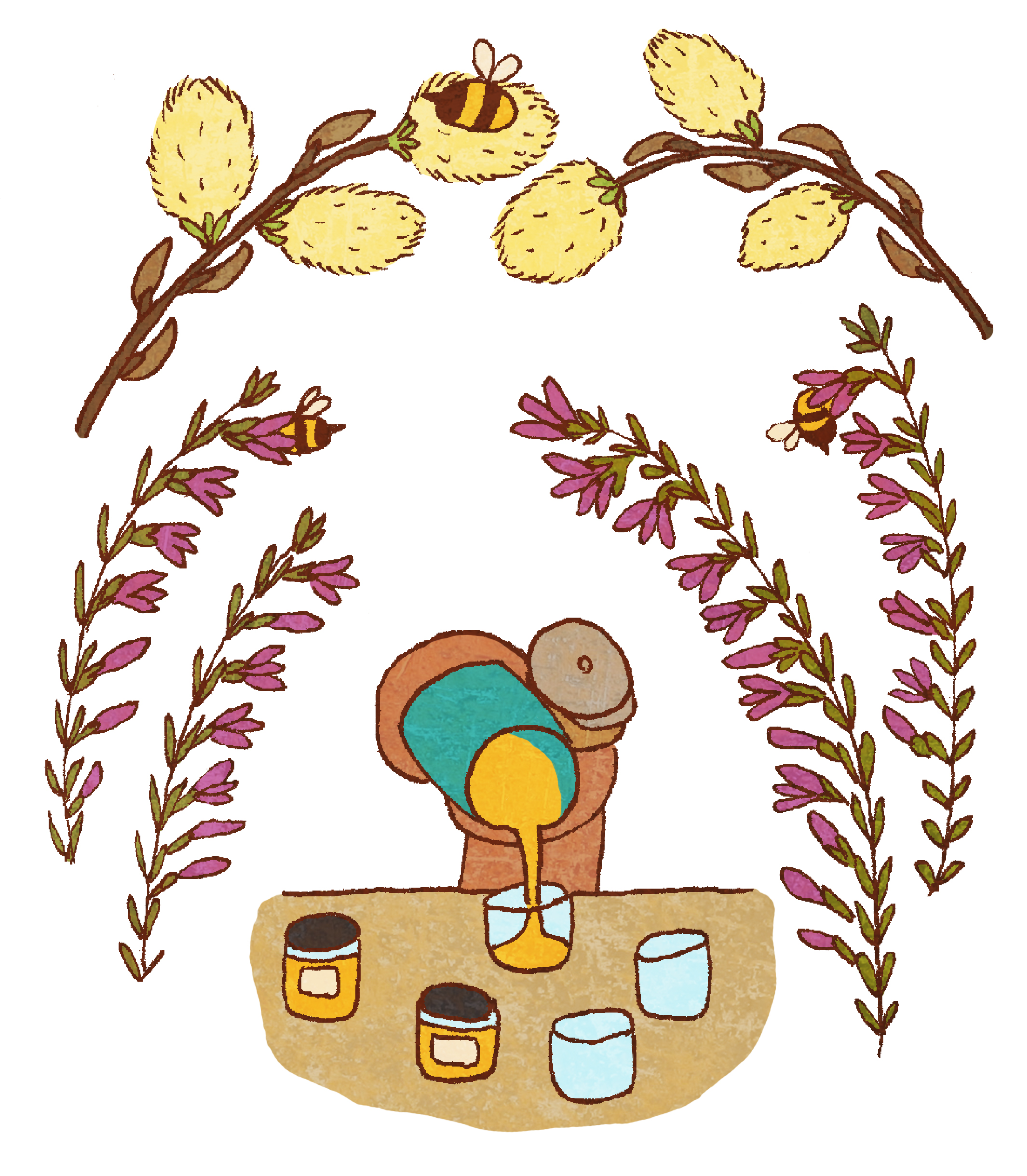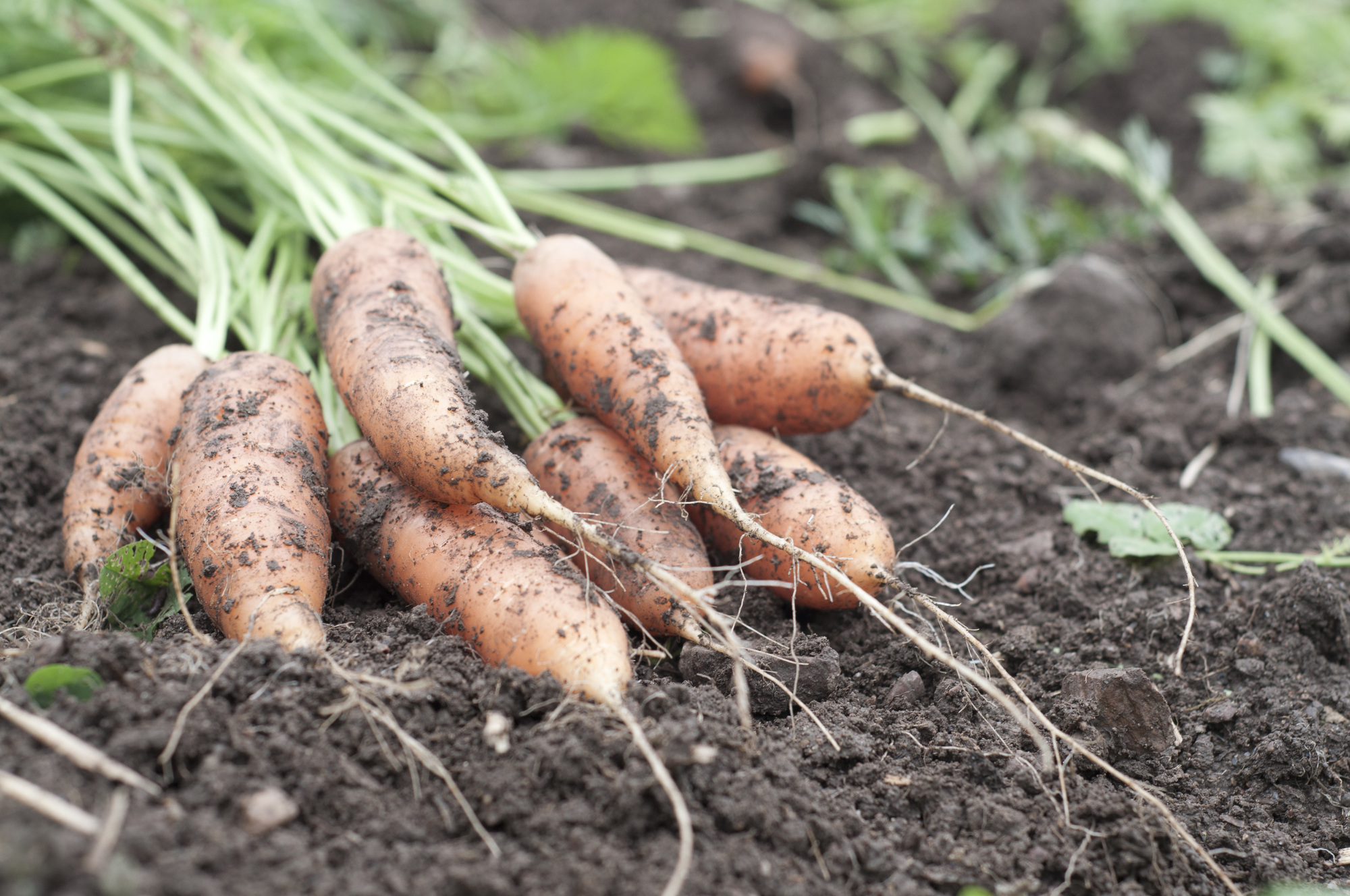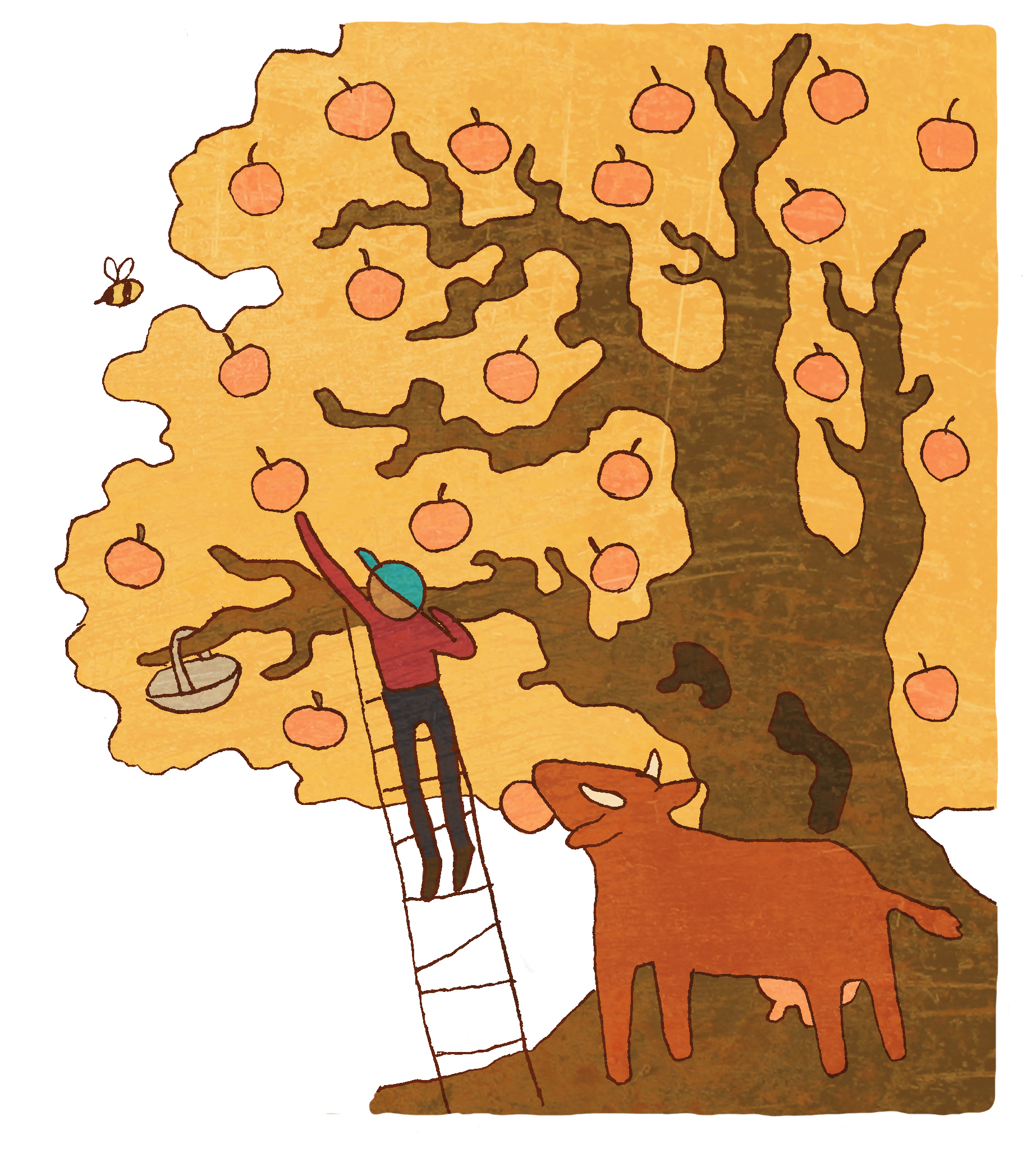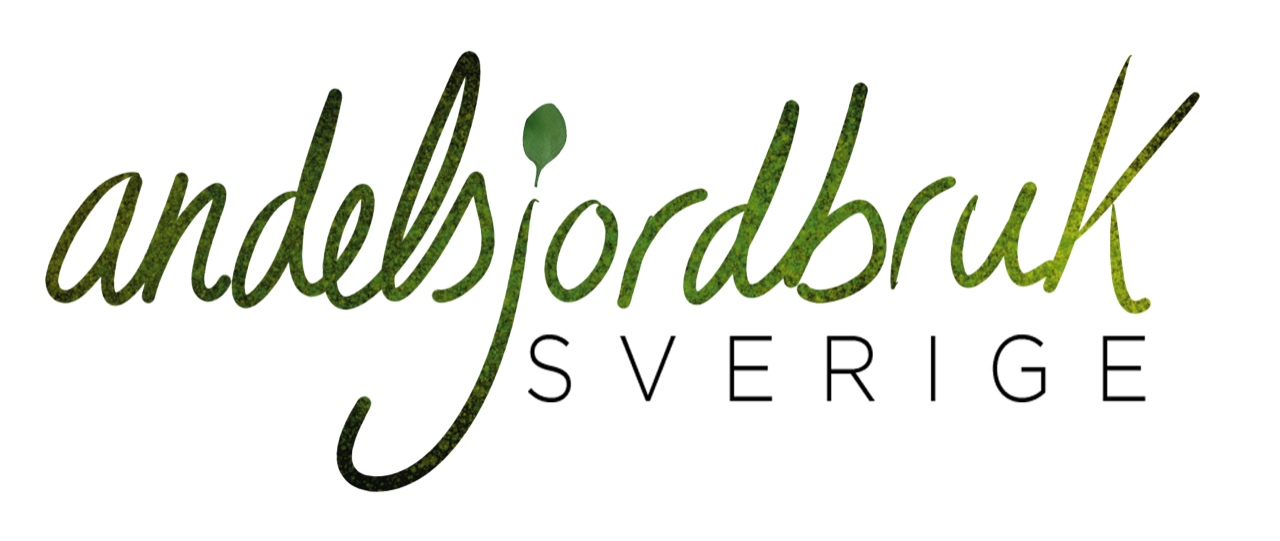CSA SWEDEN
Andelsjordbruk Sverige (CSA Sweden) is an NGO committed to supporting the development of community supported agriculture in Sweden.
What is a CSA?
Community Supported Agriculture (CSA) is a direct partnership based on the human relationship between people and one or several producer(s), whereby the risks, responsibilities, and rewards of farming are shared, through a long-term, binding agreement URGENCI https://urgenci.net/about-us/
In short, Community Supported Agriculture is a productions and sales model for foodstuffs. The primary objective with CSAs is to bridge the gap between producers and consumers.
The CSA model was founded in Japan during the 1960-70s, at a time when the organic farming movement was taking off. Japanese consumers were looking for access to chemical-free food. These consumers approached small-scale farmers and encouraged them to produce chemical-free food specifically for them. A direct trade agreement was formed enabling the consumers to purchase a share of the small farmer’s harvest.
Community Supported agriculture is built on three principles shared between producers and consumers: direct sales, a binding agreement, and shared risks and/or rewards. The model spread to Europe and the founding principles from 1970’s Japan still ring true today among Swedish CSA farms, even if the details of how each Swedish CSA farm works in practice varies greatly.
The three upon what CSA is buit upon and shared between producers and consumers are: direct partnerships, a long-term binding agreement, and shared risks, rewards and responsibility.
Direct partnership
In an CSA there’s a direct relationship between the farmer and the consumer. Consumers gain knowledge about how their food is produced and have the opportuinty to give direct feedback and influence production. Simply put, the CSA model creates the space for a more transparent and democratic food system
Long-Term, binding agreement
Long-term agreements (for ex 1 year or 1 season), create a sense of security for both the famer and the CSA member. Agreements create a solid economic base and simplify planning for the farmer and members benefit from knowing that food is on its way because they’ve booked it in advance.
Shared risks, rewards and responsibility
An important aspect of CSA farming is that the risks and rewards are shared between farmers and members. How these risks and rewards are shared vary depending on the type of CSA (what is being produced) and the needs and desires of each context. Worth noting is that ‘responsibility’ is not included in the CSA Sweden’s definition of CSA.






CSAs in Sweden
In short, Community Supported Agriculture is a productions and sales model for foodstuffs. The primary objective with CSAs is to bridge the gap between producers and consumers.
The model spread to Europe and soon after gained popularity in North America. The founding principles from 1970’s Japan still ring true today among Swedish CSA farms, even if the details of how each Swedish CSA farm works in practice varies greatly.
The first Swedish CSA farm was established in 2001, but it took nearly 15 years thereafter for the model to gain popularity. CSA Sweden was established in 2015. It is estimated that around 100 CSA farms exist in Sweden today although there are no official statistics. Most of the CSA farms in Sweden produce vegetables and honey, although meat, egg and flower producers are on the rise.
This webpage is in Swedish, but if you want to use for instance Google translate, we have made a short overview of the main content of this webpage to help you along:
– Become a member of CSA Sweden



